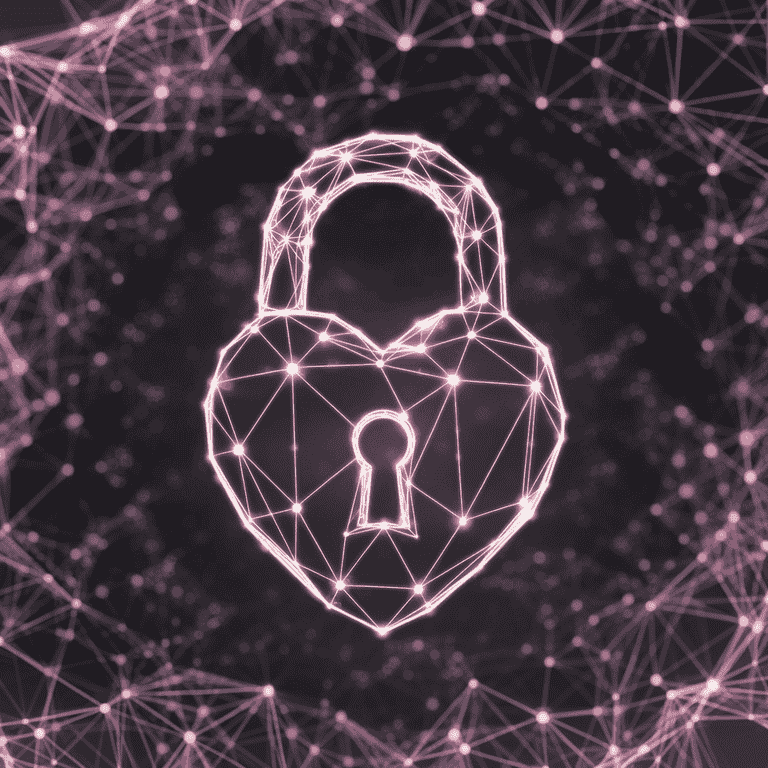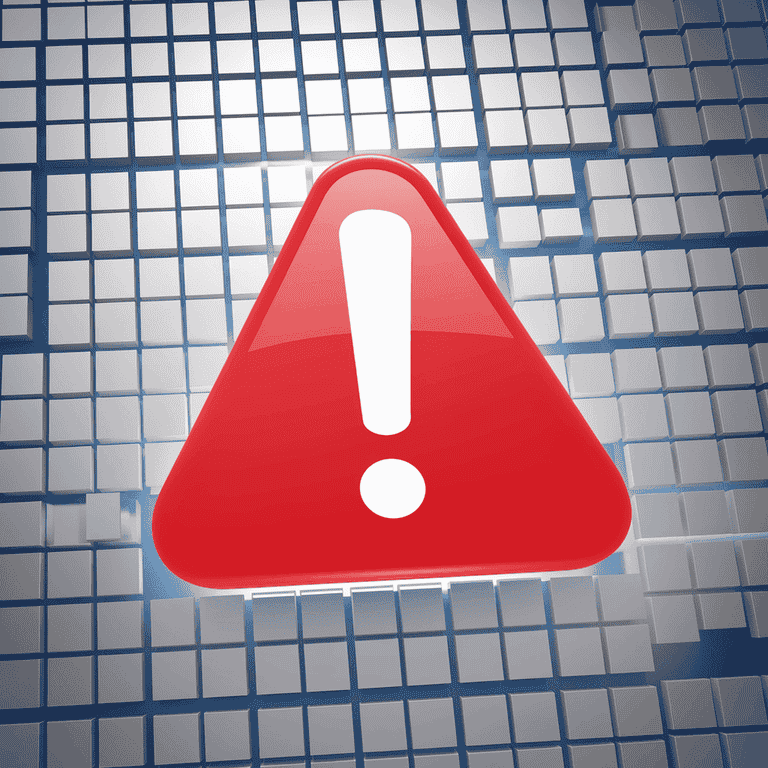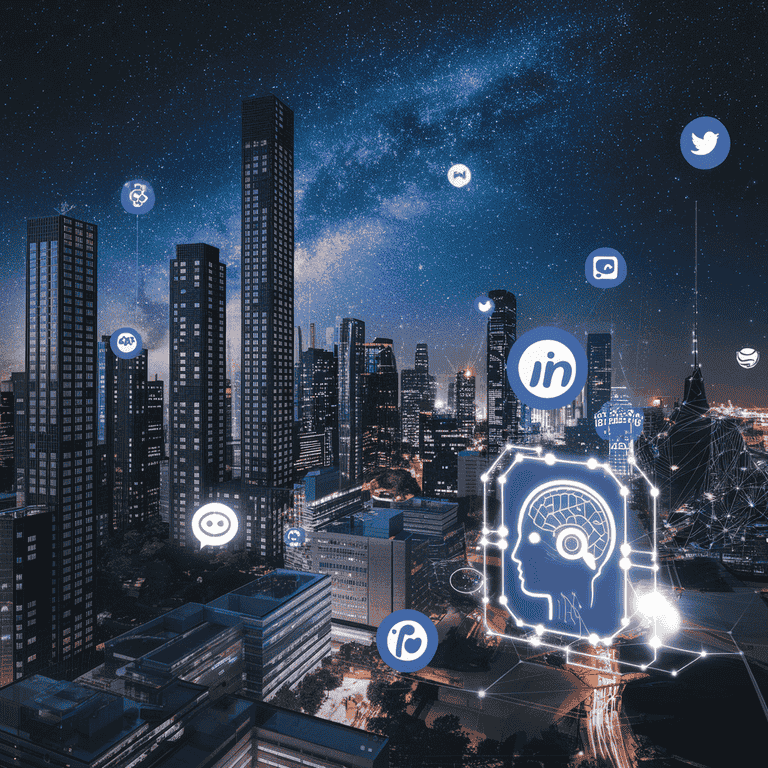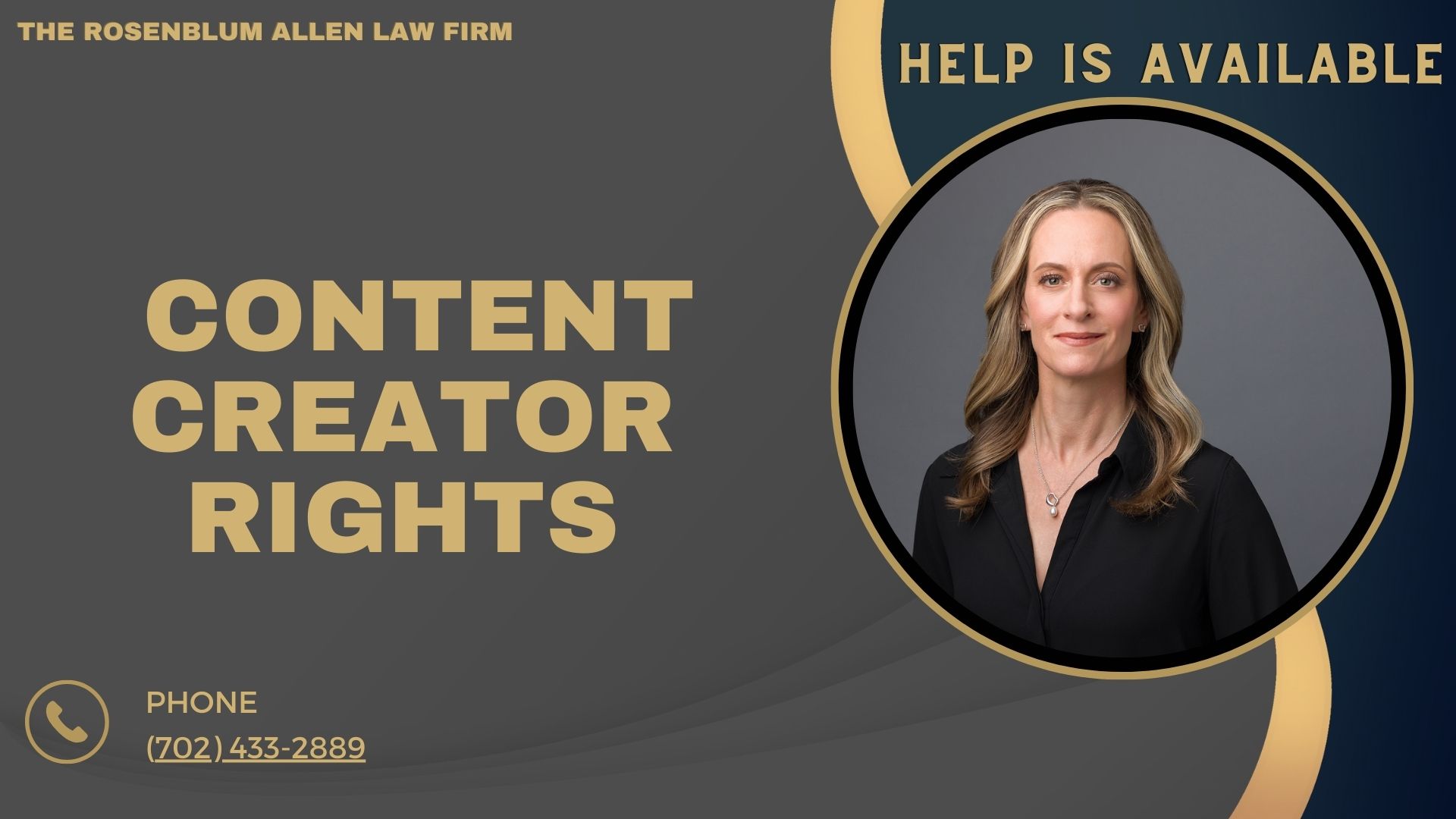As a content creator, your work is your asset. Whether you produce videos, write blogs, create music, or design graphics, your creations have value. But how do you make sure your work is protected? This guide will explain the key aspects of content creator rights, helping you understand what you own, how to protect it, and what to do if someone misuses it.
By the end of this guide, you’ll have a clear understanding of your rights and practical steps to safeguard your creations.
 Understanding Intellectual Property for Content Creators
Understanding Intellectual Property for Content Creators
Every piece of content you create falls under the umbrella of intellectual property. This section breaks down what that means and why it matters.
Types of Intellectual Property
There are several forms of intellectual property, each protecting a specific type of creative work:
- Copyright: Protects original works like music, writing, videos, and artwork.
- Trademarks: Safeguard brand names, logos, and slogans used to identify your business or brand.
- Patents: Cover inventions and unique processes, though less common for content creators.
Importance of Intellectual Property Protections
Protecting your intellectual property has real-world benefits:
- Recognition: Ensures you’re credited as the original creator.
- Compensation: Allows you to control how others use your work, including earning income from licensing or royalties.
- Legal Defense: Gives you grounds to take action against misuse or infringement.
Intellectual property is the foundation of your rights as a creator. Without these protections, your work could be used without permission or acknowledgment.
Copyright Basics for Content Creators
Copyright is one of the most important tools for content creators. It establishes your legal ownership of original works and gives you exclusive rights.
What Can Be Copyrighted
Copyright applies to a wide range of creative works, including:
- Written content: articles, books, scripts
- Visual art: photographs, illustrations, graphic designs
- Videos: short clips, movies, animations
- Music: compositions, lyrics, recordings
- Digital content: blog posts, website designs, software code
If it’s original and tangible (something you can see, hear, or touch), it’s likely protected by copyright.
Copyright Ownership
By default, the creator owns the copyright to their work. However, there are exceptions:
- Work-for-hire agreements: If you create something as an employee or under a contract, the employer or client may own the copyright.
- Collaborative works: Rights may be shared among contributors.
Always clarify ownership terms before starting a project, especially for paid work.
Duration of Copyright Protection
The length of copyright protection varies:
- Individual creators: Lifetime of the creator plus 70 years (in most jurisdictions).
- Corporate-owned works: 95 years from publication or 120 years from creation, whichever is shorter.

Protecting Your Content Online
The internet is a double-edged sword for content creators. It helps you share your work with a global audience and exposes it to misuse. Taking proactive steps to protect your content is essential.
Registering Your Copyright
Even though your work is automatically protected by copyright as soon as it’s created, formal registration adds an extra layer of security.
Benefits of Registration
- Proof of Ownership: A copyright certificate is legal evidence that you own the work.
- Easier Legal Action: You can file a lawsuit for infringement if your work is registered.
- Entitlement to Damages: In the U.S., registered works may qualify for statutory damages and attorney’s fees.
How to Register Your Copyright in the U.S.
- Prepare Your Work: Ensure you have a finalized version ready to submit.
- Visit the Copyright Office Website: Go to copyright.gov and create an account.
- Complete the Application: Provide details about the work and its creator.
- Submit the Filing Fee: The cost varies depending on the type of work.
- Upload or Mail Your Work: Depending on the format, you’ll either upload a digital file or send a physical copy.
This process is straightforward and can save you a lot of trouble down the road.
Watermarking and Attribution
Protecting your content doesn’t always require formal legal steps. Simple methods can discourage unauthorized use.
Watermarking Visual Content
Adding a watermark to images or videos is an effective way to identify your work.
- What to Include: Your name, brand, or logo.
- Where to Place It: In a visible spot that doesn’t ruin the design, like a corner or semi-transparent overlay.
Attribution for Collaborative Projects
When working with others, ensure you’re properly credited. Use clear agreements that outline:
- Names to appear in credits.
- Ownership percentages (if applicable).
- How the work can be shared or used.
Small steps like these can go a long way in protecting your creative efforts.

Addressing Unauthorized Use of Your Content
It’s frustrating when someone uses your work without permission. Thankfully, there are tools and processes to address this issue.
Monitoring for Infringement
Keep an eye on where and how your work appears online.
Tools for Tracking Misuse
- Reverse Image Search: Use tools like Google Images or TinEye to find unauthorized uses of your visuals.
- Plagiarism Checkers: Grammarly or Copyscape can detect stolen text.
- Digital Fingerprinting: Some platforms, like YouTube, allow creators to track their videos for misuse.
Being proactive helps you catch issues early.
Steps to Take When Your Rights Are Violated
If you discover unauthorized use, act quickly. Here’s what you can do:
- Reach Out Informally: Contact the person or platform using your content. Sometimes, a polite request is enough.
- Send a Cease-and-Desist Letter: A formal letter asking the infringer to stop using your work.
- File a DMCA Takedown Notice: Under the Digital Millennium Copyright Act, you can request platforms to remove infringing content.
How to File a DMCA Takedown Notice
- Identify the infringing content (provide a link).
- Show proof of ownership (e.g., copyright registration).
- Submit the notice through the platform’s reporting system.
Contracts and Licensing for Content Creators
Contracts and licensing agreements are powerful tools for protecting your rights. They clarify who owns your work, how it can be used, and what compensation you’re entitled to receive.
Understanding Licensing Agreements
Licensing allows you to permit others to use your work while retaining ownership. It’s a flexible way to share your content and earn income.
Types of Licensing Agreements
- Exclusive License: Only one person or company can use your work. You cannot license it to others during the agreement.
- Non-Exclusive License: You can grant the same rights to multiple people or companies simultaneously.
- Creative Commons License: Allows free use under specific conditions, such as requiring attribution or restricting commercial use.
Negotiating Creator-Friendly Contracts
When signing contracts, protecting your rights and future opportunities is essential.
Key Terms to Include
- Scope of Use: Specify how, where, and for how long your work can be used.
- Compensation: Clearly state payment terms, including royalties or flat fees.
- Ownership Retention: Clarify that you maintain ownership unless explicitly transferred.
- Credit Requirements: Ensure your name or brand is credited wherever your work appears.
Tips for Negotiating
- Read the entire contract carefully.
- Don’t be afraid to ask for changes.
- Get legal advice if you’re unsure about any terms.
Having a fair contract gives you peace of mind and avoids disputes later.

Emerging Challenges in Content Creator Rights
The digital world is evolving fast, and content creators face new challenges. Two key areas to watch are artificial intelligence and social media platforms.
Issues with Artificial Intelligence
AI is changing how content is created and used but also creating legal gray areas.
Use of Creator Work in AI Training
Many AI systems are trained on vast datasets, which may include your work without your permission.
- Risks: Your content could be used to generate similar work, reducing your market value.
- Preventative Measures: Clearly label your content as copyrighted and avoid posting high-resolution versions publicly.
Ownership of AI-Generated Content
You may not own the copyright if you use AI to create work. Current laws in many countries don’t recognize AI-generated work as copyrighted unless substantial human input is involved.
Navigating Social Media Platforms
Social media is a double-edged sword for content creators. It helps you reach audiences but comes with risks.
Ownership of Uploaded Content
Many platforms include terms in their agreements that allow them to use your content freely.
- Example: Instagram’s terms allow them to display your photos in advertising.
- Tip: Read the terms of service before uploading your work.
Platform-Specific Restrictions
Some platforms limit what you can do with content you post there. For instance:
- YouTube’s Content ID system can flag your work if it resembles copyrighted material.
- TikTok allows downloads of videos, which may lead to misuse.

Breaking It All Down
Your rights as a content creator matter. Protecting them doesn’t have to be overwhelming. Start with small steps, like understanding the basics of copyright and monitoring where your work appears online.
When in doubt, seek professional advice. Lawyers or legal resources tailored to creators can help ensure your full protection.
Your creations have value. Make sure you’re the one benefiting from them.

Frequently Asked Questions
What is the difference between copyright and trademark?
Copyright protects original works of authorship, such as art, writing, music, and videos. It ensures the creator has exclusive rights to use and distribute the work. Conversely, a trademark protects symbols, names, logos, and other identifiers used in commerce to distinguish goods or services. While copyright is about the content, a trademark is about brand identity and consumer recognition.
How do I know if my content is being used without permission?
There are several ways to monitor unauthorized use of your content:
- Reverse Image Search: Use tools like Google Images or TinEye to search for your visuals.
- Plagiarism Checkers: Platforms like Copyscape or Grammarly can help you detect stolen text.
- Monitoring Services: Some services track digital content and notify you of infringements.
Can someone use my work if they credit me?
Crediting your work does not automatically grant permission to use it. Someone using your content without a proper license or agreement may still infringe on your copyright, even if they mention your name. Always specify the terms of use in your contracts or licensing agreements to protect your rights.
How do I protect my content when collaborating with others?
When working with collaborators, make sure to have a clear contract outlining:
- Who owns the rights to the final work
- How the content can be used or distributed
- Any compensation or royalty arrangements
- Attribution requirements (if applicable)
- This ensures everyone’s rights and expectations are clearly defined from the start.
Can I stop someone from using my content on social media?
Yes, you can take action if someone uses your content on social media without permission. Start by contacting the user or platform directly. If that doesn’t resolve the issue, you can send a formal cease-and-desist letter or file a DMCA takedown notice to have the content removed.
What happens if I don’t register my copyright?
While your work is automatically protected by copyright as soon as it’s created, registering it with the copyright office provides additional legal benefits. These include the ability to sue for statutory damages and attorney’s fees in case of infringement. You can still enforce your copyright without registration, but the process may be more difficult.
What should I do if I discover someone is using my copyrighted content?
If you find your content has been used without permission, take the following steps:
- Contact the infringer: Sometimes a friendly reminder to remove or credit your work can solve the problem.
- Send a cease-and-desist letter: This formal request demands the removal of your content.
- File a DMCA takedown notice: If the content is hosted on a platform like YouTube or Facebook, this legal process can help you get the content removed.
Does copyright protect AI-generated works?
AI-generated works are not eligible for copyright protection unless significant human authorship is involved. If an AI tool creates a piece of content entirely independently, the copyright usually belongs to the person who programmed or used the AI, if any copyright applies.
How can I license my work to others?
To license your work, create a licensing agreement that clearly defines how your content can be used. You can offer:
- Exclusive licenses, where only one party can use your work, or
- Non-exclusive licenses, allowing multiple parties to use it.
- Ensure the agreement specifies the duration, compensation, crediting requirements, and scope of use.

Additional Resources for You from The Rosenblum Allen Law Firm.
Here are the additional resources created by our lead attorney, Molly Rosenblum Allen, Esq., each with a brief description to guide you:
Criminal Defense Attorneys
If you’re facing criminal charges, our criminal defense attorneys provide effective representation. They offer a thorough defense to protect your rights and help you navigate the legal system.Las Vegas DUI Lawyer
A DUI charge can have serious consequences. Our Las Vegas DUI lawyers specialize in defending clients charged with driving under the influence, ensuring you receive the best possible outcome.Domestic Violence Lawyer Las Vegas
If you’re involved in a domestic violence case, we offer experienced legal representation to protect your rights, whether you’re the alleged victim or the accused.Drug Possession Lawyer
Facing drug possession charges? Our skilled drug possession lawyers can help build a strong defense, potentially reducing or eliminating penalties.Sex Crimes Attorney
Charges related to sex crimes are serious and require a lawyer with experience in defending such cases. Our attorneys are here to ensure your rights are protected throughout the process.CPS Defense Attorney
If you are facing accusations of child abuse or neglect, our CPS defense attorneys are committed to defending your parental rights and protecting your family’s future.Misdemeanor Lawyer
Misdemeanor charges may seem minor, but they can still lead to significant consequences. Our misdemeanor lawyers work to minimize penalties and defend your reputation.Las Vegas Warrant Defense Attorney
If you have a warrant out for your arrest, our Las Vegas warrant defense attorneys can assist in handling the matter efficiently and work toward clearing your name.Las Vegas Probation Violation Attorney
Violating probation can lead to severe consequences. Our probation violation attorneys will help you understand your options and defend your case to avoid harsher penalties.Theft Crime Defense Lawyer
Whether it’s shoplifting, burglary, or grand theft, our theft crime defense lawyers specialize in providing strong defense strategies to protect you from theft-related charges.Kidnapping Lawyers
Kidnapping charges carry serious penalties. Our kidnapping lawyers are experienced in handling such sensitive and complex cases, working hard to ensure the best defense.Juvenile Defense Lawyers
If your child is facing criminal charges, our juvenile defense lawyers focus on protecting their future by guiding them through the juvenile justice system with care and expertise.Firearms Lawyer Las Vegas
Whether you’re dealing with illegal possession, trafficking, or misuse of a firearm, our firearms lawyers in Las Vegas provide skilled defense to protect your rights.
Each of these services has been created to help guide and defend you during some of the most challenging times. Feel free to explore these links to learn more about the effective legal assistance available to you.

Offsite Resources for You
American Translators Association – www.atanet.org
A comprehensive resource for professional translators, offering certification, tools, and resources for anyone interested in translation services.
ProZ.com – www.proz.com
A platform where professional translators and clients connect, offering forums, job postings, and resources for legal translation professionals.
Globalization and Localization Association – www.gala-global.org
GALA supports professionals in translation and localization, with resources and networking opportunities for those involved in legal translation work.
The Institute of Translation and Interpreting – www.iti.org.uk
A professional body for translators and interpreters, offering accreditation, education, and resources for legal translators.
National Association of Judiciary Interpreters and Translators – www.najit.org
A valuable resource for translators and interpreters specializing in legal proceedings, with tools and information on court-related translation needs.
AI for Good Foundation – www.aiforgood.org
A nonprofit that promotes the use of artificial intelligence to benefit society, including applications in translation and legal technologies.
Global Translations – www.globaltranslations.com
Specializing in translation and localization services, Global Translations offers expertise in legal translation and other industries, providing access to a range of language services.

A Special Message from Our Lead Attorney, Molly Rosenblum Allen, Esq

Thank you for taking the time to explore these resources. I hope you found the information helpful as you navigate your legal options. Please don’t hesitate to reach out if you’re ready to take the next step or have questions about your situation. My team and I are here to help you every step of the way. Call us at (702) 433-2889, and let’s get the ball rolling on your case.
Warm regards,
Molly Rosenblum Allen, Esq.




